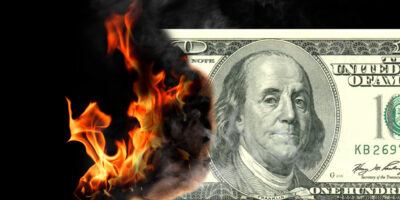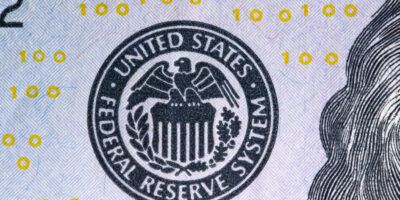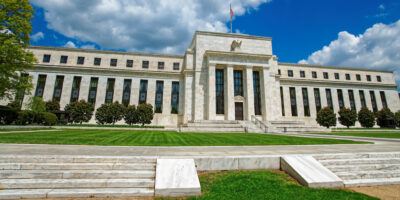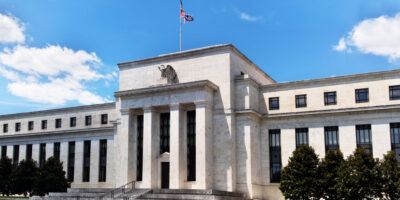The Sound Money Project was founded in January 2009 to conduct research and promote awareness about monetary stability and financial privacy. The project is comprised of leading academics and practitioners in money, banking, and macroeconomics. It offers regular commentary and in-depth analysis on monetary policy, alternative monetary systems, financial markets regulation, cryptocurrencies, and the history of monetary and macroeconomic thought. For the latest on sound money issues, subscribe to our working paper series and follow along on Twitter or Facebook.
Advisory Board: Steve H. Hanke, Jerry L. Jordan, Lawrence H. White
Director: William J. Luther
Senior Fellows: Nicolás Cachanosky, Gerald P. Dwyer, Joshua R. Hendrickson, Thomas L. Hogan, Gerald P. O’Driscoll, Jr., Alexander W. Salter
Fellows: J.P. Koning

“The monetary regime that we have had since Richard Nixon closed the gold window is one of persistent price inflation. A comparison of money prices today and money prices in 1971 are essentially meaningless.” ~ Joshua R. Hendrickson
READ MORE
“We have enough information to conclude policy mistakes, especially on the demand side, go a long way toward explaining today’s inflation.” ~ Alexander William Salter
READ MORE
“Since it started raising interest rates, the Fed has already experienced mark-to-market losses of epic proportions, and will soon face large operating losses, something it has never seen in its 108-year history.” ~ Paul H. Kupiec & Alex J. Pollock
READ MORE
“Hopefully, these lousy explanations will soon fade out of the public’s consciousness. We need to focus on what matters: a comparative abundance of money over goods. ” ~ Alexander William Salter
READ MORE
“The regulations in the Lummis-Gillibrand Responsible Financial Innovation Act, made public on the same day as publication of Krugman’s article, are far more likely to provide a brighter future than prohibiting cryptocurrencies, stablecoins or other digital assets.” ~ Gerald P. Dwyer
READ MORE
“The Fed is not even committed to bringing inflation back down to 2 percent very quickly. The median FOMC member currently projects inflation will remain above target through 2024. We had better get used to high inflation. We will likely be dealing with it for years.” ~ William J. Luther & Morgan Timmann
READ MORE
“Monetary policy should be about money—not specific markets, but their common denominator. The sooner we enlist Friedman to help ‘run the show,’ the faster we can clean up our economic messes.” ~ Alexander William Salter
READ MORE
“The way we fix things is by carefully diagnosing demand-side and supply-side problems. When it comes to demand, we’re talking about central bank activity. Unfortunately, none of McLaughlin’s four points are in the ballpark.” ~ Alexander William Salter
READ MORE
“The expansion of circulating currency has diminished to rates comparable to pre-pandemic lows. These factors and the current state of business inventories suggest that inflationary pressures are likely near their limit.” ~ James L. Caton
READ MORE
“Inflation can be a serious problem, especially if it becomes persistent. Yet, the willingness of politicians to blame supply disturbances and corporations rather than acknowledging that loose monetary policy is largely responsible for today’s inflation is even more worrisome.” ~ Nicolás Cachanosky
READ MORE
“We face even more difficult challenges ahead. We who believe in good economics and prudent political economy have our work cut out for us if we want to bring the rule of law to central banking.” ~ Alexander William Salter
READ MORE
“The Fed could have—and should have—taken prompt action to bring down inflation. It didn’t. Now inflation is much higher—and much harder to deal with—than it otherwise would have been.” ~ William J. Bergman & William J. Luther
READ MORE250 Division Street | PO Box 1000
Great Barrington, MA 01230-1000
Press and other media outlets contact
888-528-1216
press@aier.org
This work is licensed under a
Creative Commons Attribution 4.0 International License,
except where copyright is otherwise reserved.
© 2021 American Institute for Economic Research
Privacy Policy
AIER is a 501(c)(3) Nonprofit
registered in the US under EIN: 04-2121305